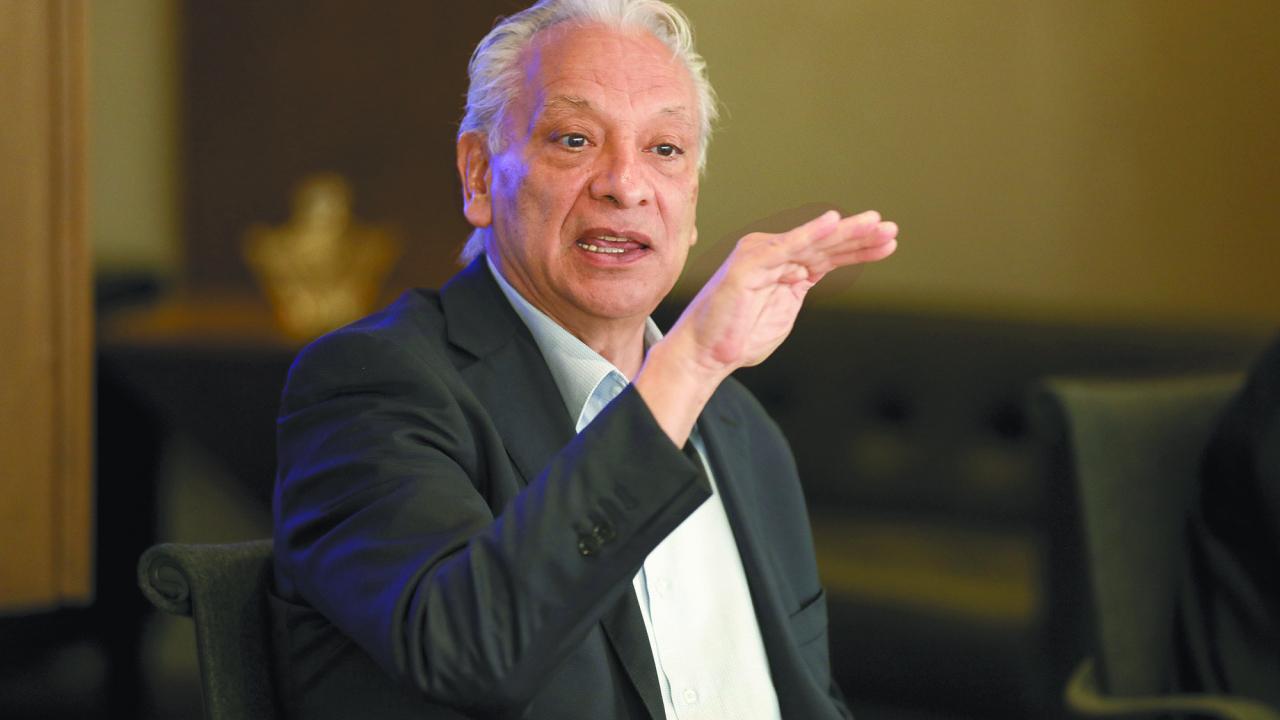
Production is expected to start at 8,000 barrels per day and could reach 66,000 barrels per day by December, says Pemex CEO Víctor Rodríguez.
The now-reformed state-owned oil company Petróleos Mexicanos (Pemex) is preparing 17 joint ventures with private partners to add new production starting in July, reaching up to 66,000 barrels per day by the end of the year in a far from new environment: oil will once again power the country, said CEO Víctor Rodríguez Padilla.
Less than a week after the enactment of a new Public Enterprise Law, which regulates the constitutional change establishing that Pemex's activities will not be considered monopolies, the company's director already has new calculations under his belt that speak of a Pemex that, with all its preponderance, will once again seek to be a lever for development, now with the "fundamental" support of private companies, which will allow it to reach a production platform of 1.8 million barrels per day, according to its director.
In an interview with El Economista , Rodríguez Padilla stated that the partners in the spotlight are primarily Mexican companies operating in the country and known to Pemex, so for the time being, the search for global partners and their capital would be put on the back burner.
"We're thinking about relying on national partners. We're not waiting for Shell or BP to come along; rather, companies we already know and have the capital and the ability to take on the risk will be our ideal partners," he said. He gave examples: Diavaz, Grupo México, Perforadora Latina, and Grupo Carso.
By the beginning of the second half of this year at the latest, the operating plans for 17 new fields will be in place, in which joint contracts will be signed with private companies from whom capital will be sought. Pemex will contribute the Mexican state's resources, and its share will consist of what it has already invested in exploration, as well as a carrying amount so that it does not invest public resources.
In most cases, Pemex will seek the role of field operator, to attract partners who do not need to follow the bureaucratic procedures that Pemex already has with the government. However, in some cases, it will allow companies that already have operations in neighboring blocks to operate and utilize the infrastructure and knowledge of the areas.
"We're going to be very flexible, allowing them to achieve economies of scale and leverage what they've already invested, and that's why we're identifying potential partners," he said.
REVERSE DECLINE, THE GOAL
With these new blocks, Pemex aims to add 66,000 barrels per day through mixed contracts within its allocations, a figure that more than offsets the natural decline in the company's fields, which currently operate at around 55,000 barrels per month.
The goal, at all costs, is to maintain crude oil production at 1.8 million barrels per day and increase gas production to 5 billion cubic feet per day, according to President Claudia Sheinbaum Pardo's plan.
"The projection starts at around 8,000 barrels per day in July, reaching 66,000 in December. It will increase as the months go by, because we're assuming we'll have joint venture projects already signed with private companies," revealed Néstor Martínez, head of Pemex's Exploration and Production area, who accompanied Víctor Rodríguez Padilla in his meeting with El Economista .
For now, they are considering four types of partners: service companies to whom they do not owe and can hire; service companies to whom they owe more than 500 billion pesos (US$24.706 billion) in debt to suppliers with which they closed 2024; entirely new companies, Mexican or foreign, that will be able to invest in the country; and those already operating that will now seek new arrangements.
Of the 17 blocks up for bid, six are onshore and the rest are on the Gulf of Mexico coast.
In the future, even deepwater blocks are candidates in areas adjacent to the Trión field, such as Nobilis or Maximino, although the one with the greatest productive potential is inland in the Tampico-Misantla region.
The proposals will be submitted to the Undersecretariat of Hydrocarbons, which, in the new environment, carries out the oil regulation that was previously carried out by the National Hydrocarbons Commission (CNH) for 16 years.
In the joint development plans, Pemex will hold a minimum stake of 40% in the companies, although this will be decided on a case-by-case basis by the oil company's board of directors.
"Oil is going to save our lives, as it always has," concluded the CEO of Pemex, referring to the global economic environment that poses significant challenges for Mexico, such as its trade relations with the United States and the need to grow beyond projections. "Mexico is an oil-producing country. Whenever there are problems, oil saves us, and now will be no exception."









